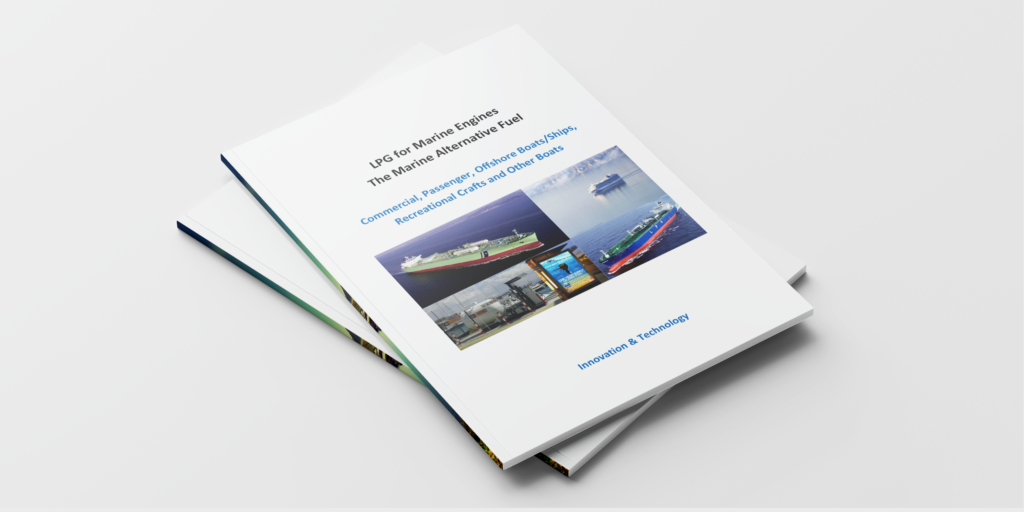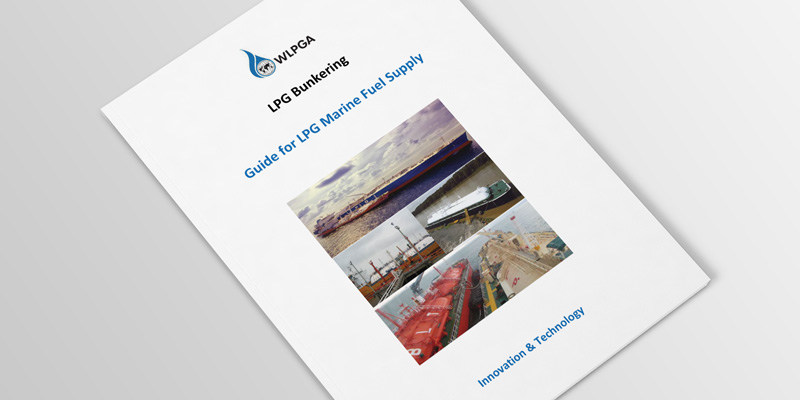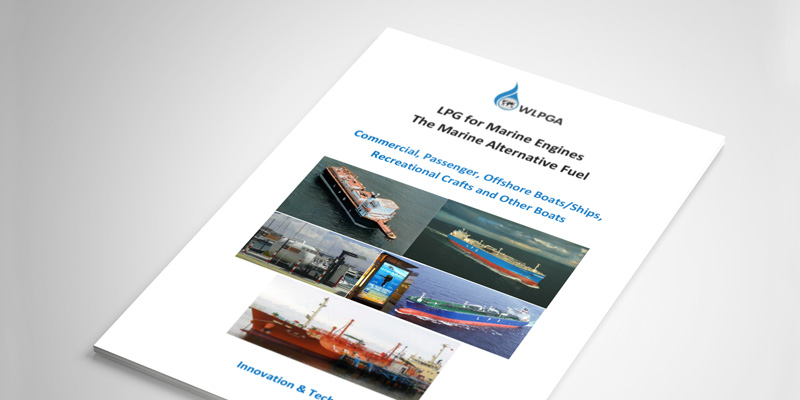MARINE
FUELS
LPG/Propane, is increasingly being used in marine engines in various types and sizes of vessels, from small leisure crafts with outboard engines, to fishing boats, patrol boats and larger vessels.
It is an efficient marine fuel, it reduces exhaust emissions and eliminates the risk of fuels spills. On the water, engine manufacturers, shipbuilders as well as owners and operators are also adopting LPG as fuel for large ships and VLGSs (Very Large Gas Carriers). On 1st January 2020, a global IMO regulation aiming to substantially reduce harmful sulphur oxide (SOx) emissions from ships came into effect. It set an upper limit on the sulphur content of ships’ fuel oil to be reduced to 0.50% (from 3.50%). This new regulation has prompted ship owners and operators to look into cleaner alternative fuels. For many types of ships, LPG is the perfect solution because of its global availability, its simple technology known for over 100 years, its low installation costs and its low emissions.
LPG is easier and less expensive
to store than LNG
This solves the LNG logistics problem, LPG is already accessible in ports across the globe and new terminals can be built faster at lower cost.
LPG is more cost-effective & less sensitive to fuel scenarios
LPG is much cleaner than HFO and ULSFO and other fuels that it replaces.



